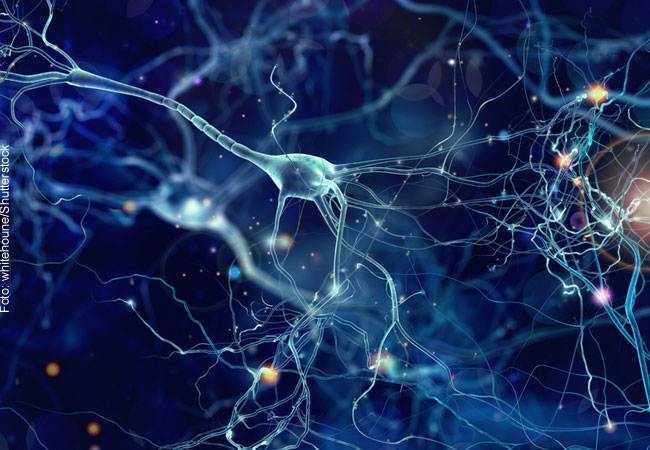
The Collaborative Research Centre 1080 was successful in the German Research Foundation’s current round of approvals and will start its third funding period in 2021. The DFG is providing € 2 million per year for four years of research. In the CRC 1080, scientists from various disciplines investigate how the brain and nervous system maintain stability as a complex system while also remaining accessible and flexible.
One of the most remarkable features of our nervous systems is its ability to maintain a stable internal state (homeostasis) while having to constantly respond to an ever-changing environment. In the Collaborative Research Centre 1080, the participating scientists endeavour to understand the significance of homeostatic mechanisms for the human body, in particular for diseases of the nervous system. They investigate mechanisms which enable the brain to maintain network homeostasis as a balanced functional condition. This is decisive for the stability of the nervous system, and helps the brain process the constant flow of input.
The CRC 1080, which started in 2013, has been extended by four years for the second time, so that the funding will continue through to 2024. Goethe University is the coordinator, and the Johannes Gutenberg-Universität Mainz, the Max Planck Institute for Brain Research, the Institute for Molecular Biology in Mainz (IMB) and the Hebrew University of Jerusalem are cooperation partners.
CRC spokesperson Professor Amparo Acker-Palmer says: “The strength of the Collaborative Research Project 1080 is the integration of diverse research disciplines, we are not just looking at individual genes, cell types, pathological processes or structures. Instead, we engage experimental approaches and computer simulations that enable us to follow whole chains of events that lead to neural homeostasis. The Rhine-Main network of neurosciences rmn2, in which we are integrated, provides an optimal environment for the CRC.”








